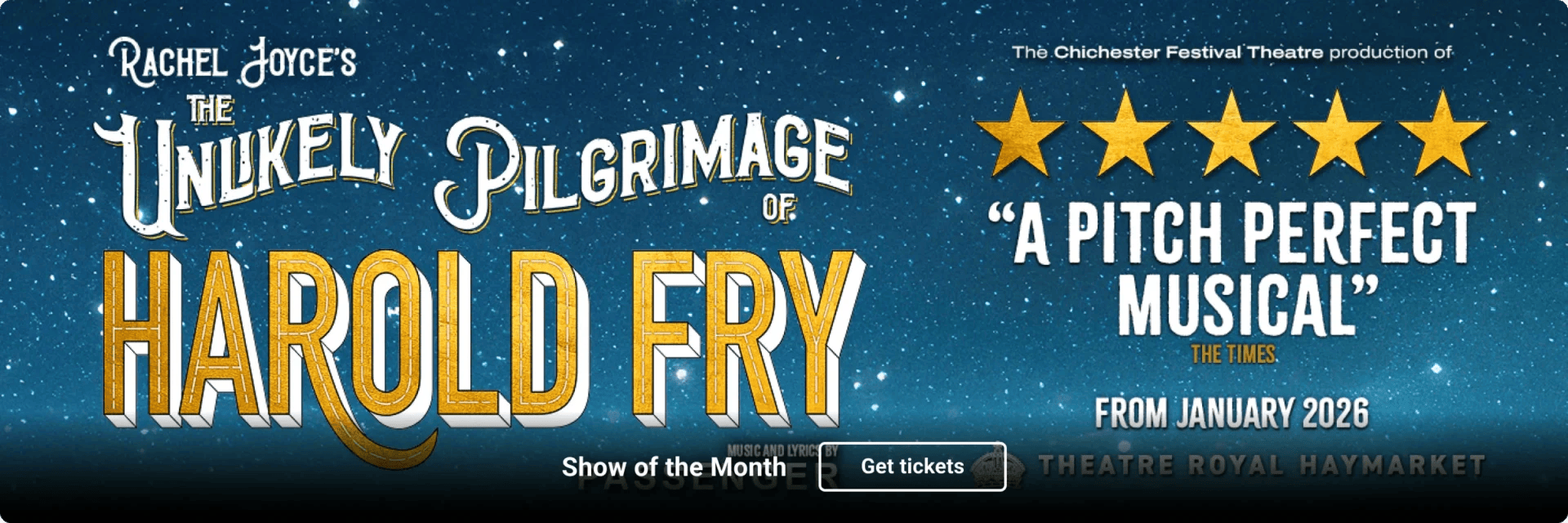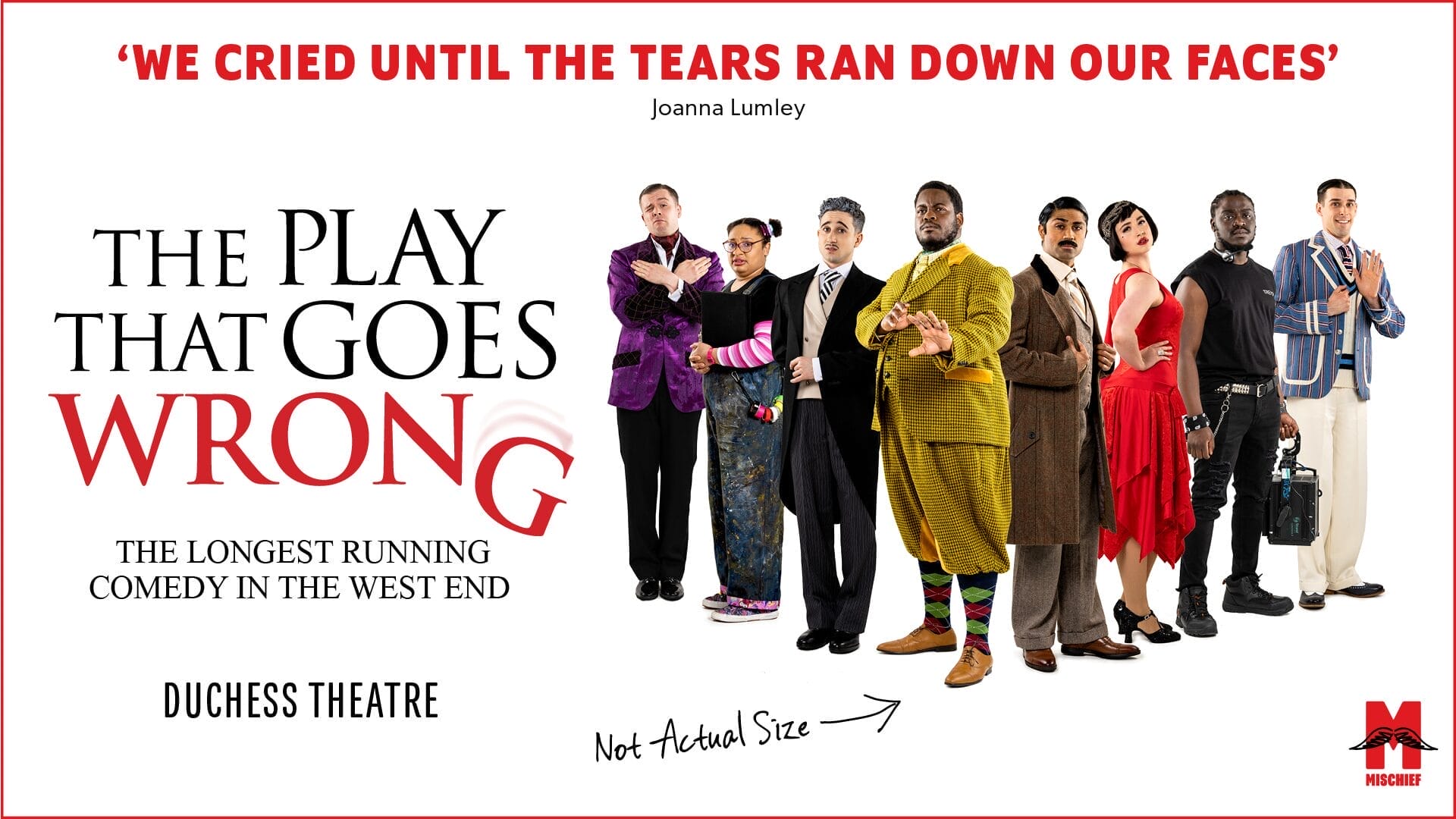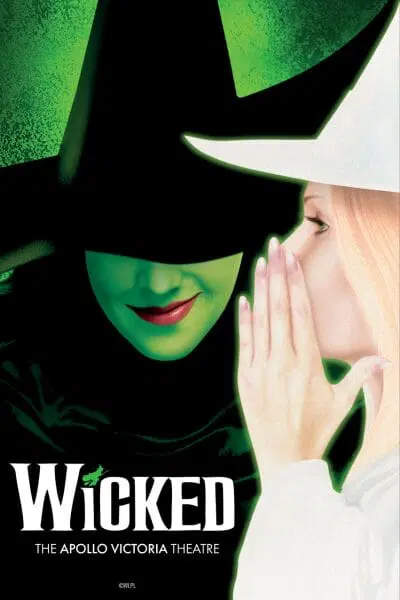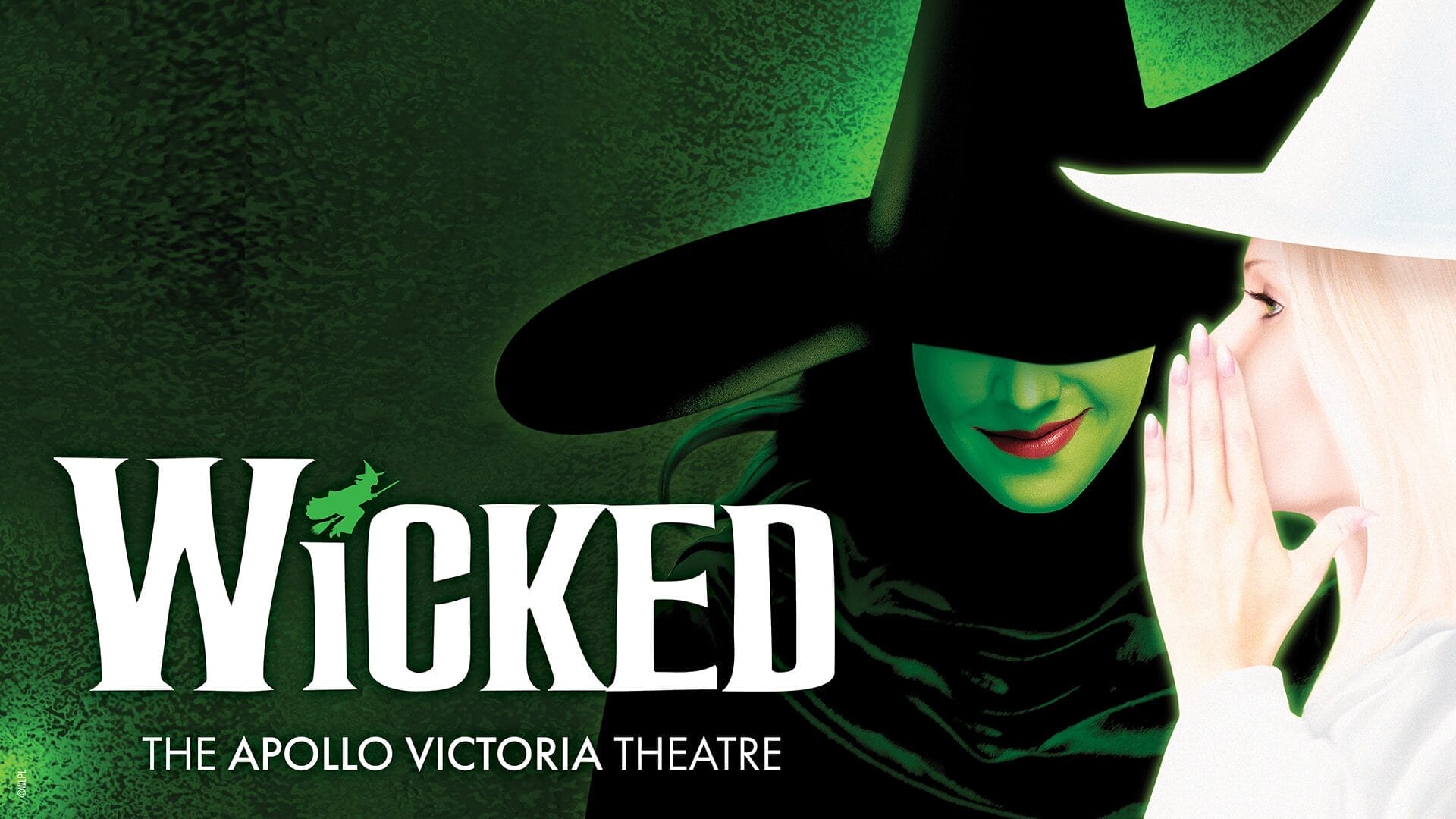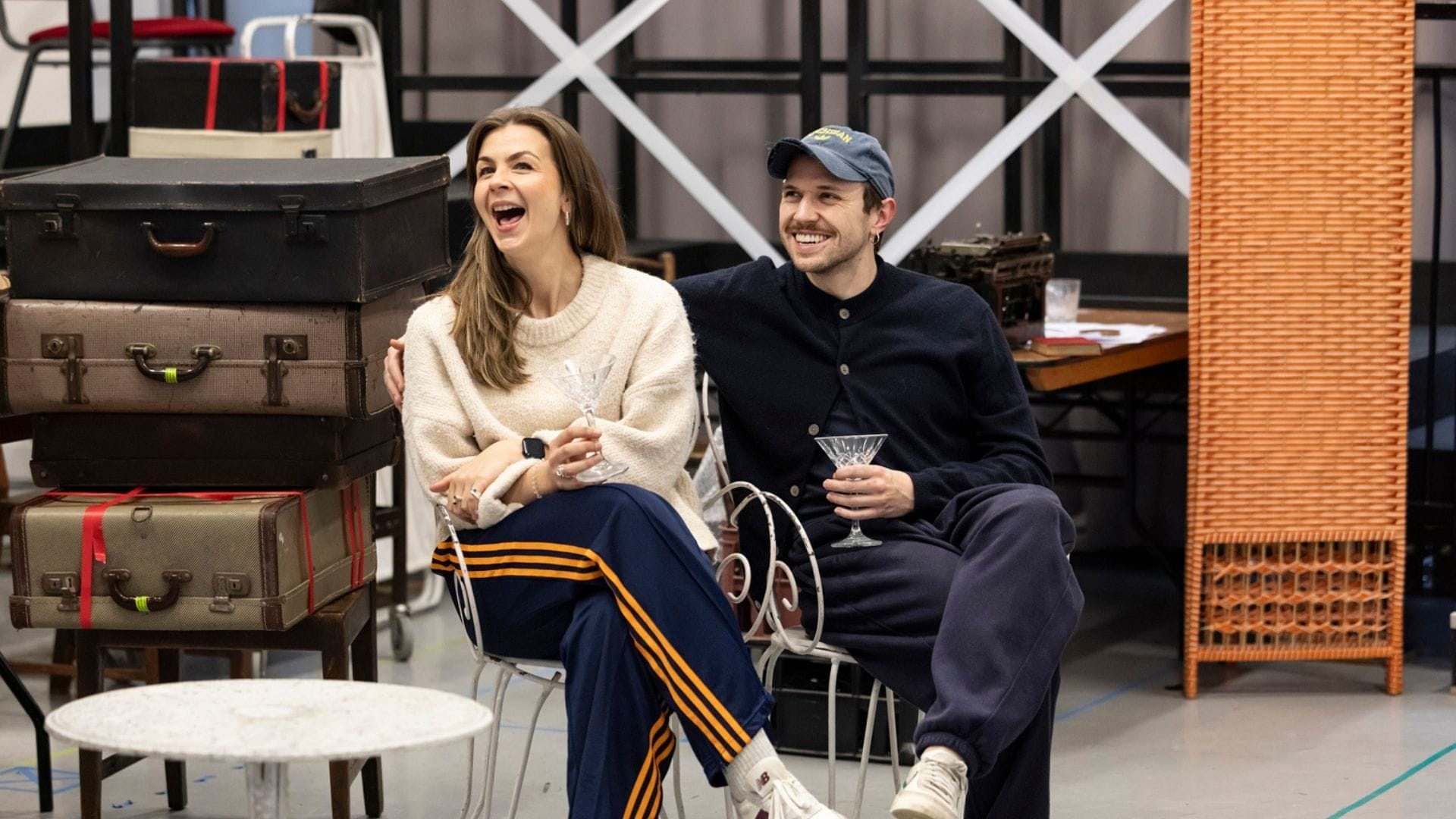 Earlier this year S. Asher Gelman’s Afterglow enjoyed a sold out run at Southwark Playhouse, a UK premiere which had followed a several-times-extended run off Broadway. So successful was its first outing in London that it quickly returns, this time to the Waterloo East Theatre with a whole new cast. Perhaps you only need to look at the marketing images to understand just why it has been so popular, there’s a lot of nudity and more than one shower scene involved.
Earlier this year S. Asher Gelman’s Afterglow enjoyed a sold out run at Southwark Playhouse, a UK premiere which had followed a several-times-extended run off Broadway. So successful was its first outing in London that it quickly returns, this time to the Waterloo East Theatre with a whole new cast. Perhaps you only need to look at the marketing images to understand just why it has been so popular, there’s a lot of nudity and more than one shower scene involved.
Afterglow explores an open relationship between a married couple, Josh and Alex allow each other to sleep with other men, as long as they both stick to their own rules. They are about to start a family, Josh’s play is due to open, and Alex is deeply absorbed in his research project, but they still find time to welcome young Darius in to their bed, indeed Afterglow opens with this ménage-à-trois and goes on to explore the fallout from it when Josh and Darius begin to see more of each other, without Alex.
Josh is like an excited puppy, complete with wagging tail, who requires everyone’s undivided attention, his selfishness is astounding as he flaunts the relationship in front of an initially accepting Alex. Josh has fallen in love with Darius, and while we can genuinely believe he still loves Alex, his affection for him becomes increasingly like a cruel tease, his only defence is that “the heart wants what the heart wants.”
This second production, directed by Steven Kunis, is far slicker than its earlier Southwark incarnation. The transitions between scenes, which involves the rearrangement of furniture, feel less laboured and better executed. The smugness of Josh and Alex also seems to have been diluted, and this time round it is possible to feel some empathy, for Alex at least.
Peter McPherson is excellent as Alex, and where I struggled to take sides previously, through McPherson’s emotional performance I was able to feel the hurt and anger that he had been caused by Josh. But the cast were the strongest pillar in the earlier run, and the new cast struggle to live up to their example; there are issues with accents and Adi Chugh’s Josh, and Benjamin Aluwihare’s Darius lack the chemistry for us to believe they are genuinely in love. A key factor in the plot is the decade age difference between Josh and Darius, which feels somewhat ridiculous in this day and age, but is left feeling relatively redundant in any case.
This more efficient production of Afterglow allows us to focus on Gelman’s plot, which suddenly becomes a thrilling exposé of modern-day relationships. We get a greater of a chance to enjoy the nuances of the characters, and to really understand the motivations, yet still it doesn’t quite get it right. This could be a great play, if only all the best bits of both productions could be combined.

